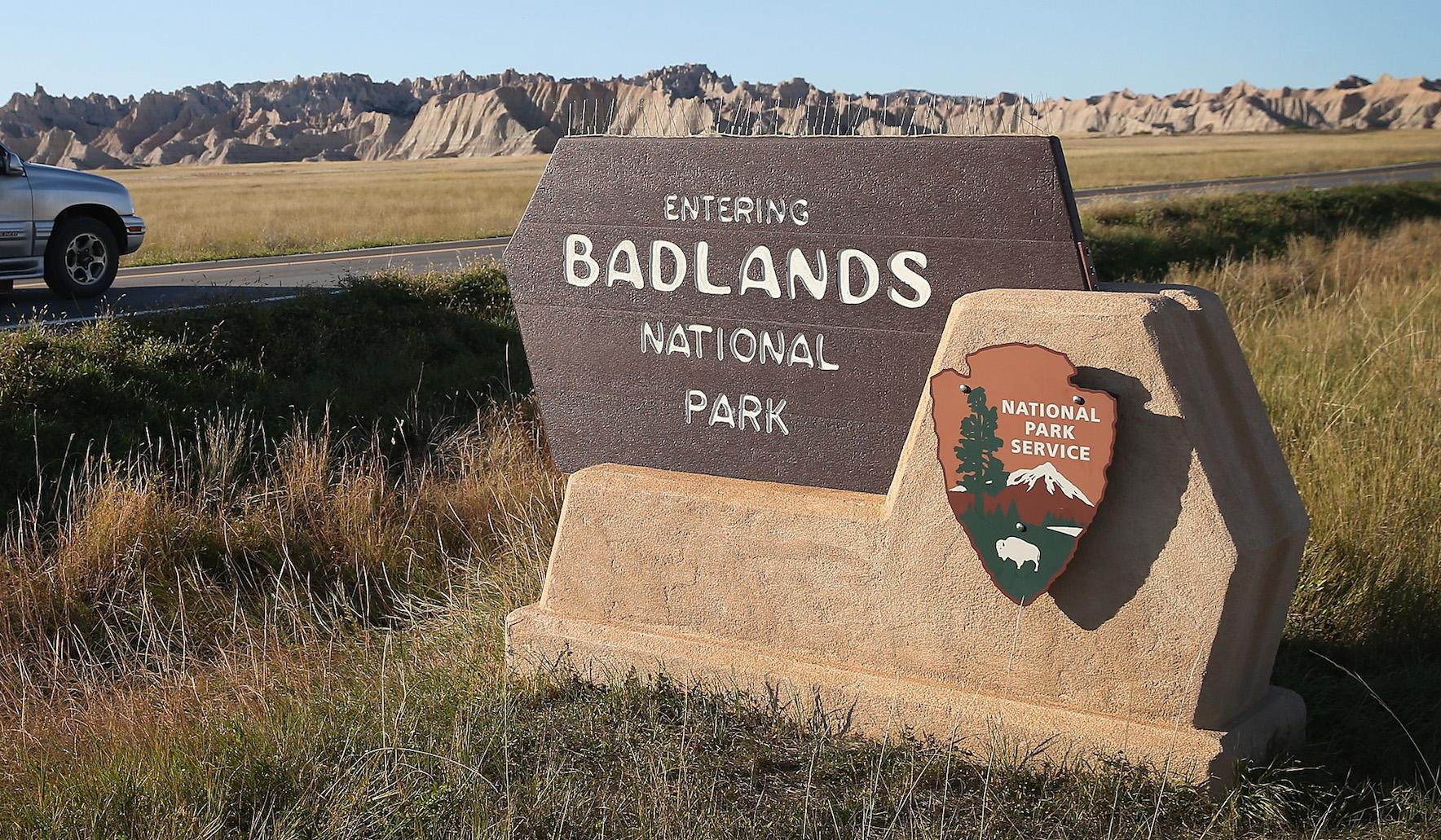People behind 'rogue' National Parks Twitter accounts could be prosecuted under federal law, experts say
The accounts posted climate change facts in opposition to Donald Trump's gagging of officials and global warming denialism

Your support helps us to tell the story
From reproductive rights to climate change to Big Tech, The Independent is on the ground when the story is developing. Whether it's investigating the financials of Elon Musk's pro-Trump PAC or producing our latest documentary, 'The A Word', which shines a light on the American women fighting for reproductive rights, we know how important it is to parse out the facts from the messaging.
At such a critical moment in US history, we need reporters on the ground. Your donation allows us to keep sending journalists to speak to both sides of the story.
The Independent is trusted by Americans across the entire political spectrum. And unlike many other quality news outlets, we choose not to lock Americans out of our reporting and analysis with paywalls. We believe quality journalism should be available to everyone, paid for by those who can afford it.
Your support makes all the difference.The people behind “rogue” National Park accounts and others could be prosecuted as hackers, according to legal experts.
This week, accounts including those belonging to various National Parks and to Nasa began tweeting out climate change information and data, in an attempt to counteract denials by the Trump Administration. But the government could shut down those accounts by using powers meant to stop hackers, according to lawyers.
In some of those cases, tweets have been posted by unauthorised users – either by people who weren’t allowed to post, or by ex-employees. That appears to have happened on both the Redwoods and Badlands National Parks accounts, both of which posted facts about global warming.
"An unauthorized user had an old password in the San Francisco office, went in and started retweeting inappropriate things that were in violation of their policy," White House spokesman Sean Spicer said about the Redwoods posts. Separately, the National Park Service said tweets published earlier this week on the account of the Badlands National Park in South Dakota were posted by a former employee not authorized to use the account.
At the moment, those staff aren’t apparently being sought for prosecution and the FBI hasn’t been involved. But they could be, legal experts said.
Some of the more permanent rogue accounts – the “alt” pages that have been set up to share information since officials organisations are banned from doing so – have already been handed over to other activists to keep those behind them from retribution or prosecution.
Employees or former employees publishing unauthorized messages on official accounts could be prosecuted under the U.S. Computer Fraud and Abuse Act, which prohibits someone from exceeding authorized access to computers. "The argument would be that the authorization to use the account was only for employees and implicitly that was extinguished when the employee left government employment," said Orin Kerr, a law professor at George Washington University.
Even employees authorized to use official agency Twitter accounts could face legal jeopardy posting messages they weren't supposed to write, said Stewart Baker, a cybersecurity lawyer and former National Security Agency and Department of Homeland Security official.
"If someone says you may not tweet except in these circumstances, and you tweet in other circumstances, you're exceeding authority," Baker said. He added that some federal courts would examine the security measures in place and could throw out cases where employees weren't clearly violating them.
"It wouldn't surprise me if at this stage a criminal investigation was opened and criminal tools were used to investigate this, even if at the end of the day they decided not to pursue criminal charges," Baker said.
A federal law enforcement official, speaking on condition of anonymity because he was not authorized to discuss the matter by name, said he was unaware of any requests from federal agencies to investigate the rogue tweets.
The unauthorized messages posted under official accounts appeared to be dropping off, as the Trump administration regained control over its agency accounts. Over last weekend, immediately after Trump's inauguration, transition staff changed all social media passwords for the Environmental Protection Agency, said Jared Blumenfeld, a former EPA official under the Obama administration who said he was speaking regularly with former colleagues.
Starting Wednesday, scores of unofficial Twitter accounts appeared purporting to represent federal agencies, mocking Trump using the same social media service the president uses daily. At least some were linked to federal employees using work email addresses who inadvertently revealed their involvement.
Twitter users can choose to allow others on the service to find them by searching for their email address. In other cases, Twitter notified users who previously shared their online address books using Twitter's "Find Friends" feature that anonymous accounts were created by federal employees whose work email addresses were already in those address books.
Additional reporting by Associated Press
Join our commenting forum
Join thought-provoking conversations, follow other Independent readers and see their replies
Comments